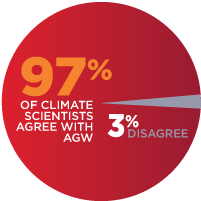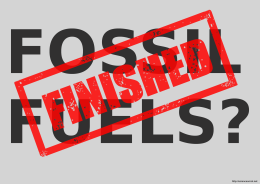Let’s check the science
This is a series in which I’ll examine claims that appear to be scientific. The intention is to provide examples showing how you can approach such claims in a reasonably skeptical and scientific way, and come to a conclusion about their validity. The list will grow as new posts are added.
If you’d like to try checking claims yourself, have a look at my Non-Scientist’s Guide to Checking the Science Behind a Claim, here:
More likely, you need to rely on scientific experts to tell you. In that case you should find out how to tell whether an expert can be trusted, here:
If you’re not convinced that the scientific process is the best way of analysing these problems, I suggest you have a look at this first:
… then the specific investigations may make more sense:








